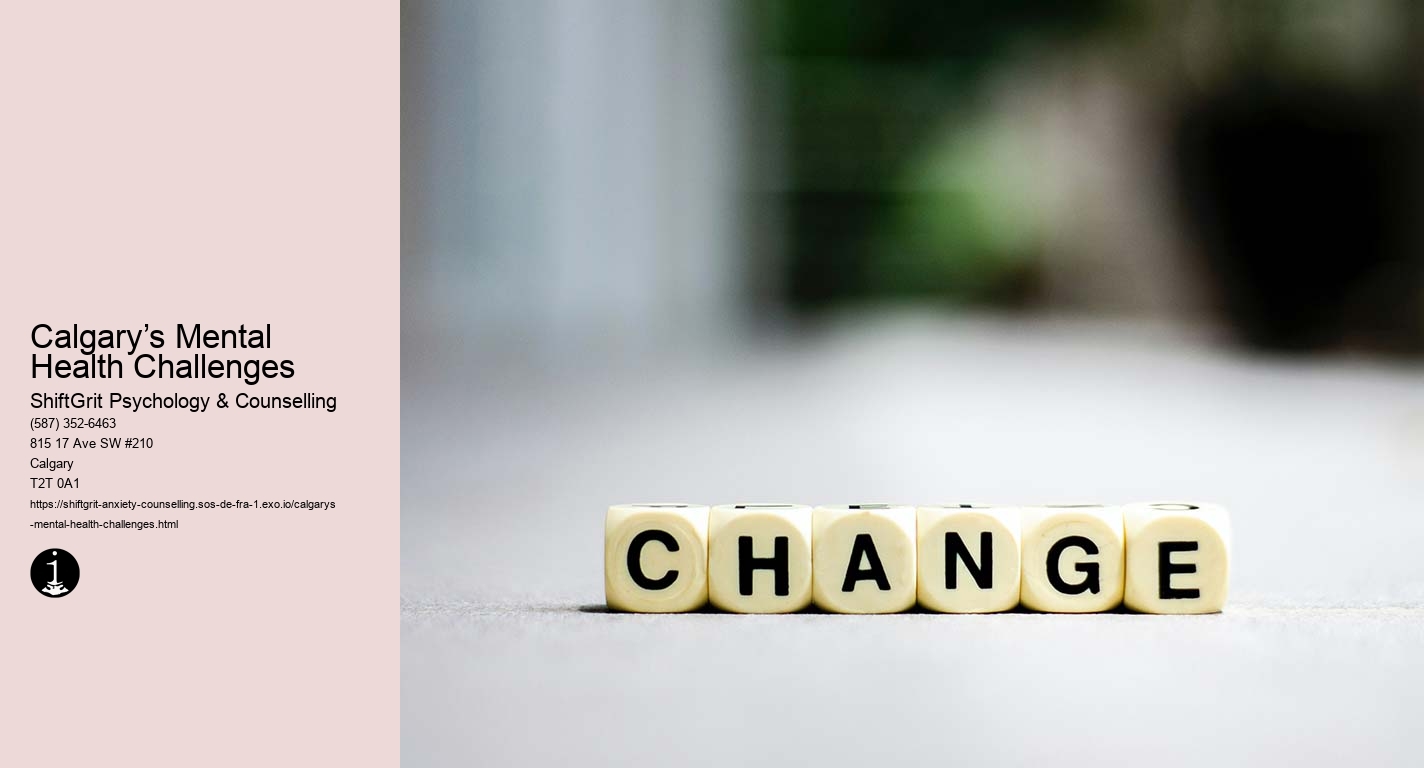
panic attacks
Calgary’s Mental Health Challenges
In effect, this means addressing anxiety's impact on the cardiovascular system requires a holistic approach involving both psychological and physical health strategies. Therapists in Calgary may employ cognitive-behavioral techniques alongside relaxation exercises designed to lower stress levels and promote cardiovascular health. By focusing on comprehensive treatment plans, individuals can work towards reducing their overall risk of developing serious cardiovascular complications while managing their anxiety symptoms more effectively.
Anxiety can significantly impact the respiratory system by altering normal breathing patterns. During episodes of anxiety, individuals often experience rapid, shallow breathing or hyperventilation. This occurs because anxiety triggers the body's fight-or-flight response, prompting an increase in adrenaline levels that lead to faster breathing.
Calgary’s Mental Health Challenges - disorders
- therapy
- mindfulness
- resilience
To put it short, recognizing and addressing changes in the respiratory system is essential for alleviating the physical effects of anxiety. Techniques such as deep breathing exercises and mindfulness practices are often employed in therapeutic settings to help individuals regain control over their breathing patterns. These interventions can be particularly beneficial for clients undergoing anxiety therapy in Calgary, providing them with practical tools to reduce anxiety-induced respiratory issues and improve overall well-being.


